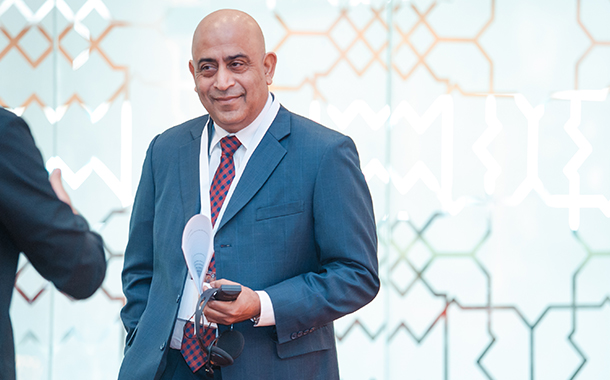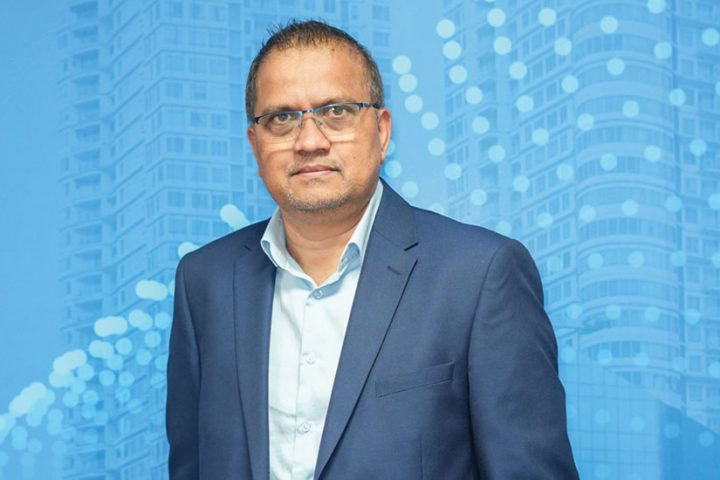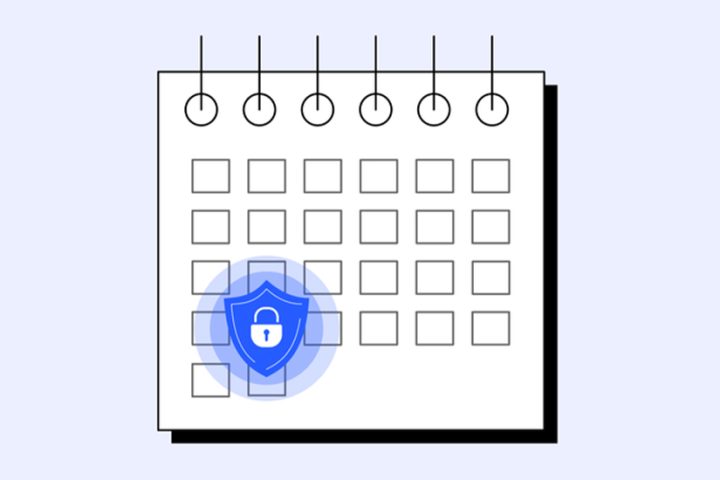UL, an independent safety science company, has urged companies in the Middle East to take drastic action against cybersecurity before it is too late.
As technology continues to evolve by the day, cybersecurity has become an increasingly significant issue for businesses around the globe. Hacking and data breaches have resulted in financial and reputational damages affecting organisations of all sizes.
With millions of people using different forms of technology every day, IoT devices connected to high-speed internet 5G networks are proving to be prime targets for hackers and criminals.
Industry bodies all over the world are continually updating and introducing new regulations and certification standards driving towards creating a structured ecosystem, which is safer.
The International Electrotechnical Commission’s IEC 62443 family of standards offers guidance for businesses to build robust security measures to help mitigate these security risks. The IEC 62443 standard is fully adapted with the focus on Industrial Control Systems environments.
Speaking at the 9th ASIS Middle East 2019 Security Conference and Exhibition, Arif Hassan, Sales Lead with UL Identity Management and Security division, delivered a presentation on the impact of cybersecurity in the industry 4.0 and explained the importance of taking adequate measures of managing cybersecurity.
Hassan told delegates that with businesses conducting their day-to-day operations digitally, Industry 4.0 is transforming the way we work. “Many tasks once performed by humans are now being automated in Industry 4.0. With the use of real-time data analysis and connected devices, production has become very efficient and customised to specific needs,” he said.
“While increased automation can free up time to concentrate on more complex tasks, this also means that our workforce skills will have to adapt to make changes in the workplace. However, we will never be able to remove the human element,” Hassan said.
“It is a key component required to align all these new skills and technologies into effective communication, problem-solving, supporting change management, multi-discipline integration, and securing our ecosystems, products and services.”
Emphasising that cybersecurity is not just an IT problem but a business risk, Hassan said, “With an increasing number of businesses getting digitised, they can be exposed to several threats if they do not properly manage security risks. We have seen that organisations have been affected by security and data breaches where top executives have lost their jobs,”
Hassan added that innovative methods are being applied by cyber attackers, including using mechanisms in both hardware, software and information gathering.
Hamid Syed, Vice President and General Manager in the Middle East for UL, said, “When we think of cyberthreats, the first thing that comes into our mind are the traditional cyberattacks like identity theft and hacks affecting IT systems.”
“People tend to forget about threats to systems that control the operations of manufacturing and chemical plants, water systems, utilities or power,” Syed said. “They all face cyber threats with potentially devastating consequences.”
“By applying the IEC62443 standard, a structured approach to security in manufacturing can be set up. It allows organisations to improve the digital security and safety of their process and implementation of the standard brings organisations to a higher level for security”.




















